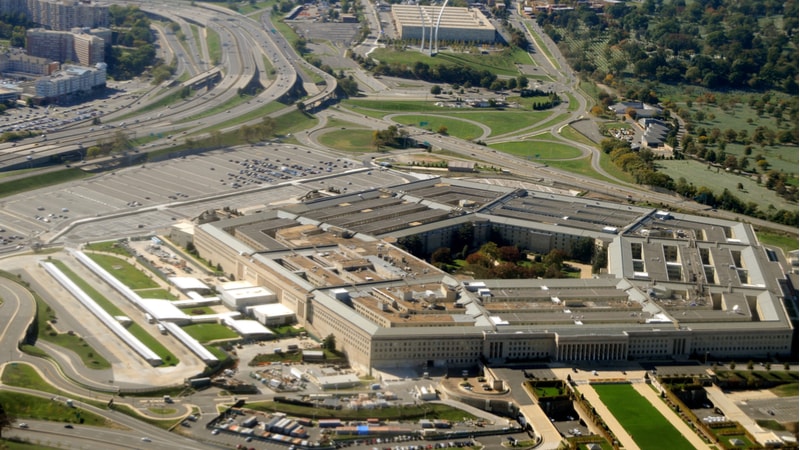
A Federal judge has blocked the Department of Defense (DoD) from enforcing a new policy that would limit indirect cost reimbursements for higher education institutions to 15 percent.
In a preliminary injunction issued on July 18, U.S. District Judge Brian Murphy, presiding in the District of Massachusetts, ruled that the Pentagon cannot implement its proposed funding cap, which plaintiffs argued would severely undercut the financial viability of Federally funded academic research.
In his ruling, Murphy stated that the claim before the court marks the fourth attempt by the Trump administration to introduce such a cap, each time unsuccessfully.
Murphy wrote that the funding cap efforts have “consistently been deemed unlawful,” and criticized the administration for repeating the policy “without acknowledgment of its apparent illegality.”
“The Government has wholly failed its legal obligation to rationally explain why it has adopted these policies,” Murphy wrote, noting that previous rulings by three different judges had already rejected similar attempts during the Trump administration.
The decision marks a procedural victory for the plaintiffs – a coalition of 12 major research universities, the American Association of Universities, the American Council on Education, and the Association of Public and Land-Grant Universities.
The plaintiffs argued in their June 16 lawsuit that the policy change would undermine longstanding Federal-university research partnerships by making many defense-related research projects financially untenable.
At the heart of the dispute is the DoD’s May 14 directive issued by Defense Secretary Pete Hegseth mandating that the department “pursue a lower cap on indirect cost rates for all new financial assistance awards to institutions of higher education.” Indirect costs – which the previous administration negotiated at rates averaging 55 percent – fund essential infrastructure such as laboratory maintenance, utilities, technical staff, and administrative support.
DoD argued that the change was both “lawful and fiscally necessary,” estimating it could redirect up to $900 million annually from overhead costs to direct research activities. During court proceedings, the department argued that the plaintiffs had not demonstrated a concrete injury, since no grants had yet been awarded under the new rate. DoD also argued that ultimately “any alleged injury is speculative.”
Murphy rejected the government’s argument, finding the threat of harm immediate and credible, and barred the DoD enforcing the 15 percent cap or penalizing proposals above that rate, including those involving sub-grantees.
Court documents also confirmed that following the preliminary injunction ruling, the DoD complied with the injunction, providing notice of the order and the list of covered institutions to all relevant personnel involved in grant approvals.
